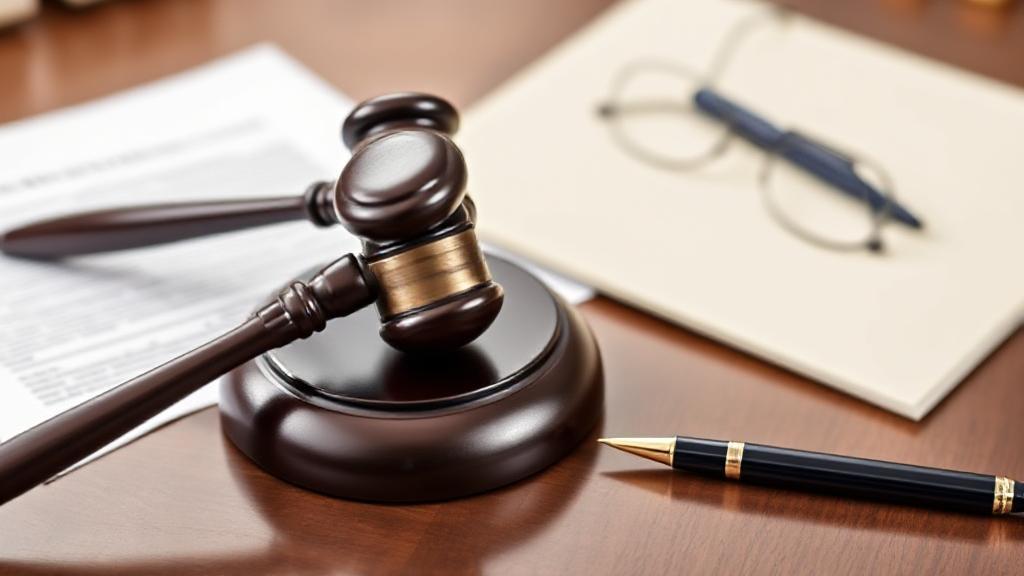Understanding Estate Planning and Your Needs
Estate planning is crucial for ensuring your assets are distributed according to your wishes and minimizing complications for your heirs. Before beginning your search for an attorney, assess your specific situation, considering:
- The size and complexity of your estate
- Family dynamics and inheritance issues
- Business ownership interests
- Special needs beneficiaries
- Tax considerations
- Charitable giving goals
Understanding the Role of a Will and Trust Attorney
A will and trust attorney specializes in estate planning, which includes:
- Drafting Wills and Trusts: Creating documents that outline asset distribution
- Estate Tax Planning: Advising on tax minimization strategies
- Probate Process Guidance: Assisting with will validation
- Asset Protection: Structuring estates to protect from creditors
Finding Qualified Attorneys
Several resources can help identify potential candidates:
- State Bar Association referral services
- American College of Trust and Estate Counsel (ACTEC)
- Martindale-Hubbell
- Local estate planning councils
- Personal recommendations from financial advisors
Key Qualifications and Red Flags
Important Qualifications
- Active state bar membership
- Clean disciplinary record
- Additional certifications in estate planning
- Membership in professional organizations like the National Association of Estate Planners & Councils
Red Flags to Watch For
Be cautious of attorneys who:
- Pressure you to make immediate decisions
- Cannot clearly explain their fee structure
- Seem unfamiliar with complex estate planning tools
- Are difficult to reach or slow to respond
- Make unrealistic promises about tax savings
The Consultation Process
Questions to Ask
"The questions you ask during the initial consultation can help determine if the attorney is the right fit for your needs."
- How long have you specialized in estate planning?
- What percentage of your practice is devoted to estate planning?
- How do you stay current with changes in estate law?
- What is your process for updating estate plans?
- Can you provide examples of how you've helped clients achieve their estate planning goals?
Fee Structures
| Fee Structure | Description | Best For |
|---|---|---|
| Flat Fee | Single price for specific services | Simple estates with clear objectives |
| Hourly Rate | Charges based on time spent | Complex estates requiring extensive work |
| Hybrid | Combination of flat fee and hourly | Mixed needs with some standard documents |
Making Your Final Decision
Consider these factors when selecting an attorney:
- Comfort level and communication style
- Clear understanding of the process
- Transparent fee structure
- Availability and responsiveness
- Support staff and office organization
- Location and accessibility
Maintaining the Relationship
Estate planning is not a one-time event. Work with your attorney to:
- Provide requested documentation promptly
- Ask questions when needed
- Keep them informed of major life changes
- Schedule regular reviews (every 3-5 years or more frequently with significant life changes)
For more information on estate planning, visit resources like Nolo's Estate Planning Guide or the IRS Estate and Gift Taxes page.
